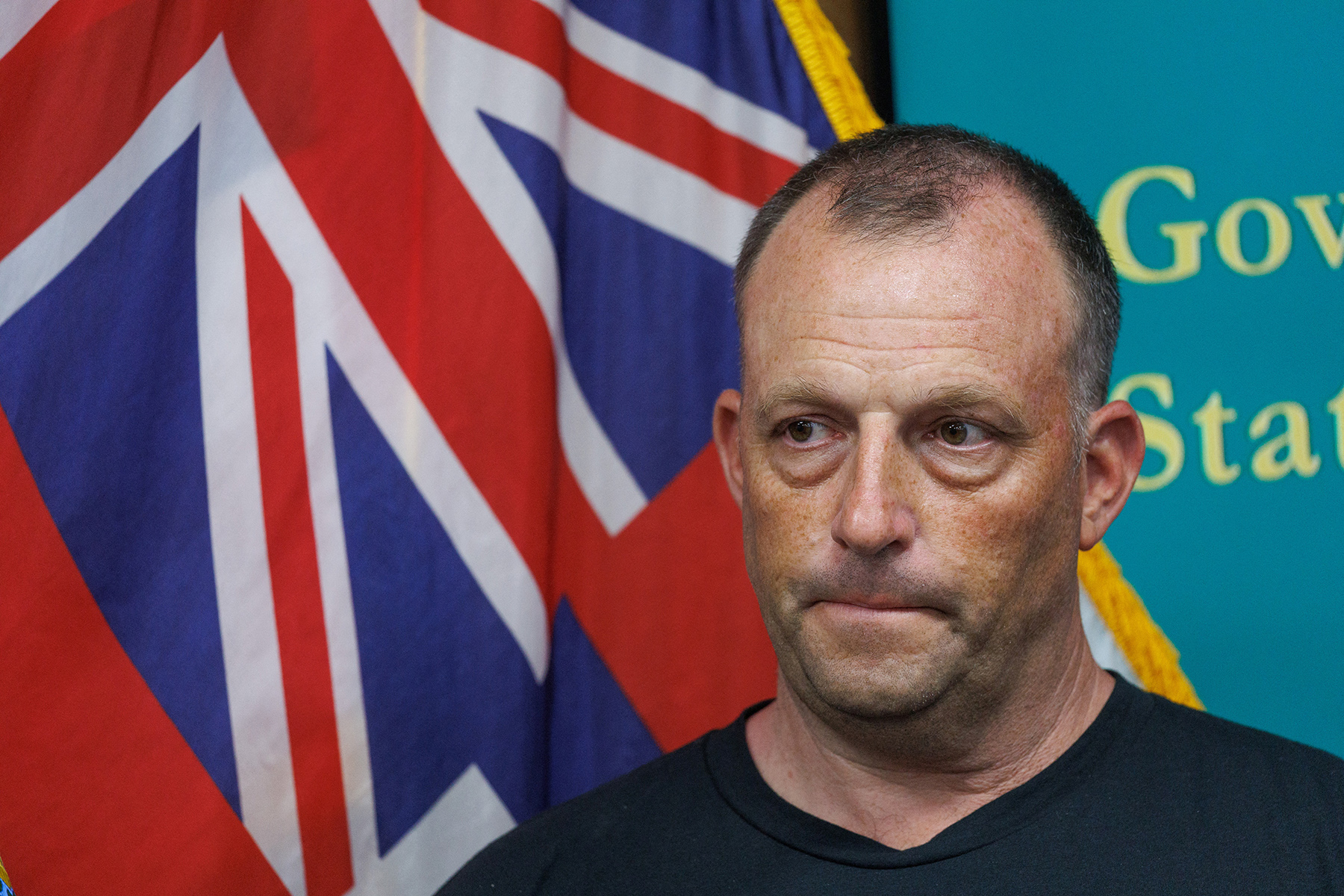By Soraya Ferdman
On April 13th, the Floyd Abrams Institute for Freedom of Expression at Yale Law School filed an amicus brief in the Fourth Circuit Court of Appeals in support of a First Amendment challenge to a Maryland statute that prevents individuals from disseminating courtroom audio transcripts.
Although it is common for courtrooms in the United States to limit the use of cameras and recording equipment during criminal proceedings, the Maryland statute is peculiar in that it applies even to audio recordings produced by the courts and available for public use.
The Institute’s brief was filed in support of a lawsuit, Soderberg v. Carrion, brought by a group of journalists and court-transparency activists in May 2019. The plaintiffs are represented by the Georgetown Institute for Constitutional Advocacy and Protection (ICAP) and Maryland Volunteer Lawyers for the Arts, and have also received amicus briefs from the Reporters Committee for Freedom of the Press and the Cato Institute.
See also: Federal Judge Says Philadelphia Municipal Court’s Rules Violate the First Amendment
“This case is about ensuring that Marylanders can better understand exactly what’s happening inside their courtrooms. There’s no good justification for preventing journalists and criminal-justice reform advocates from publicly sharing accurate accounts of what happens in open court,” said Nicolas Riley, senior counsel at the ICAP.
The Abrams brief, prepared by the Media Freedom & Information Access Clinic at Yale Law School, argues that the blanket ban on audio recordings violates the public’s First Amendment right of access to judicial records.
“While protecting the integrity of court proceedings and defendants’ fair trial rights are compelling governmental interests that may justify a ban on broadcasting ongoing proceedings, they do not justify a blanket ban against the dissemination of audio recordings of long-completed prosecutions,” the amicus brief states.
The law has affected a number of journalists who have used publicly available audio recordings in podcasts or documentaries, including Sarah Koenig, host and executive producer of the podcast series “Serial.” Koenig used court recordings in her podcast, and according to The Baltimore Sun, court officials considered holding Koenig in contempt of court. The court declined to take further action after she agreed to eschew broadcasting court proceedings in the future.
Koenig is not a plaintiff in this case.
Amicus Brief Original LawsuitICAP
Tags




